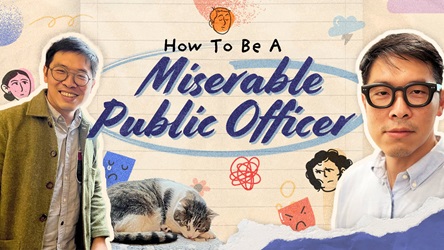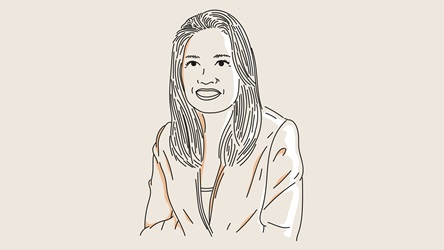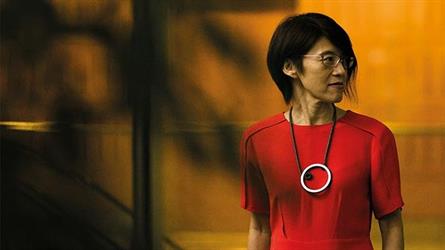Being The Change Changes The Being
Principal Consultant, Institute of Leadership & Organisation Development, Civil Service College (2012 – present)
Adjunct Faculty, Assumption University, Masters in OD (2009 – 2014)

Two years ago, while facilitating a focus group discussion, I asked a few young officers how they felt their leadership team was doing in creating an effective work culture.
One of them asked: “So are you saying that the leaders are the ones who shape the culture?” I replied that it seemed to be the case. My remark prompted another to say: “Well, just to let you know, our generation doesn’t wait around and just follow others. We also want to be role models and help shape the culture.”
I was excited to hear this, and took it as a sign that we were entering a new era in the Public Service, where individuals, regardless of age or position, choose to be role models for a way of working that would best serve their agency and its mission.
So my main advice comes from your peers. Role-model the behaviours you think would most help your organisation be healthy and effective, whether that means being more open to sharing, asking more questions, suggesting alternative ways to formulate policies, or bringing more joy to work.
You would have heard of Gandhi’s famous “Be the change you want to see in the world” quote. When we live our values, we learn and feel good that we did our best. Even if we don’t notice any external impact from our actions, they still have impact on us, because being the change changes the being. Even if your actions don’t create the ripple effect you had hoped for, you become a better person by living your values fully.
To be even better role models, a simple, powerful and potentially painful approach is to seek and celebrate feedback. When I was younger, I used to get defensive when receiving feedback, and would justify myself to others – basically telling them that their feedback was wrong (yes, ouch). At some point I got curious about why I felt so hurt by the comments, and realised that people were trying to help. I then reframed constructive feedback as a gift, learned to accept it, and started to seek it out.
This has been extremely useful for my personal and professional life. I currently meet people of all ages who reject feedback and make excuses for their behaviours, which is like turning down a free gift voucher for personal development.
So make it a habit to ask for feedback from colleagues, friends, family and people who see things differently from you. You will learn a lot and build more trusting relationships by being open. Be sure to make it easy for others to give you feedback, with your verbal responses and body language. Then let them know you really treasure and appreciate that they cared enough to share enhancement ideas with you, as it does take trust to do that.
Assuming we have chosen to be the change and get feedback, how do we sustain ourselves day-to-day? For me, one way is to treat every day as sacred and “imperfectly perfect”. We are all aware that any day could be our last, but it is easy to forget this as the days go by; and while nobody expects paradise when we go to work, it is easy to become discouraged when “stuff happens”. But what if we went to work every day with the belief that for today we are in the perfect place to contribute and learn? Know that teachers are all around you, and their lessons will be useful for you at some point in your life.
So let’s be the change, get feedback to expand who we can be, and be grateful for every day we have. Imagine a Public Service and a world where everyone aspires to be a positive role model. If role modelling and advice can come from all places, then perhaps it’s time to add a new column called “Notes from a Young Officer”.
- POSTED ON
Mar 18, 2015
- TEXT BY
Dr Douglas O'Loughlin
-
Feature
Why DBS Wants To Be Gandalf
-
Profile
Tales Of Malay Past









